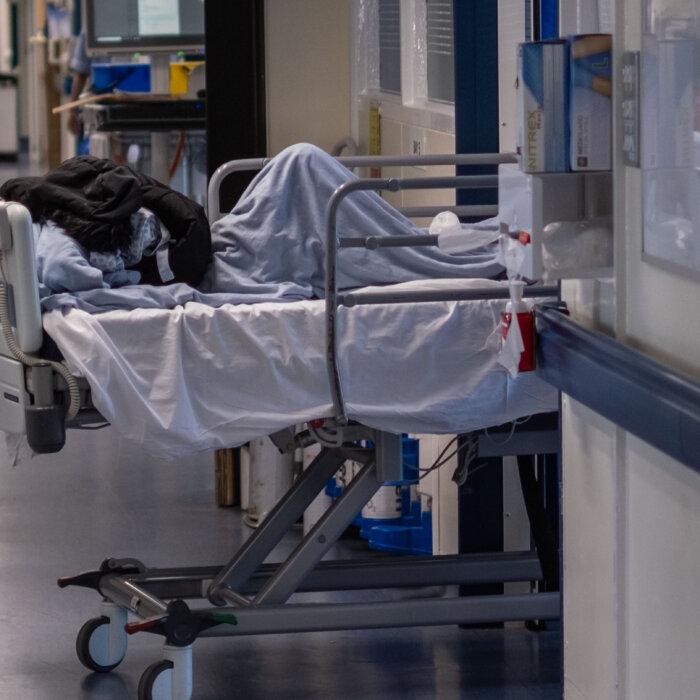In 2024, over a million people aged 60 and above endured waits of more than 12 hours in A&E departments across England, according to a new report from the Royal College of Emergency Medicine (RCEM).
Findings also revealed that the older a patient was, the higher the likelihood that their wait time would increase. While those aged 60 to 69 had a 15 percent chance of waiting 12 hours or more, that figure more than doubled to 32.5 percent for patients aged 90 and above.
Insufficient Screening
The RCEM has been looking into the care of older people. In its research for patients over the age of 75, authors found that there was insufficient screening in emergency rooms for common conditions that affect seniors.Examining 24,865 case studies from 149 English emergency departments, report authors found that only 16 percent had been screened for delirium, a reversible condition characterised by a sudden change in mental function and which is associated with an increased risk of death.
Less than half (48 percent) of this age group had been assessed for the risk of falling.
Just over half (56 percent) had been screened for general frailty. If detected early, medics can organise early intervention and support in hospital and with community care.
Alarming Threat to Patient Safety
Dr. Adrian Boyle, president of the RCEM, said the report’s findings reveal the “alarming threat to patient safety,” adding it was well known that long stays are dangerous to patients, especially to those who are elderly.Boyle said: “The healthcare system is failing our most vulnerable patients—more than a million last year. These people are our parents, grandparents, great-grandparents.
“They aren’t receiving the level of care they need, as they endure the longest stays in our EDs [emergency departments], often suffering degrading and dehumanising ‘corridor care.’”
Boyle’s comments come amid an increase so-called “corridor care,” which refers to emergency patients being treated in unsuitable spaces—such as hallways, waiting areas, offices, or even car parks—owing to a lack of staff or available treatment rooms to provide proper, dignified care.
In January, the Royal College of Physicians reported that crowding in emergency departments, while growing steadily over the past several years, had worsened in the last 12 to 18 months and was no longer limited to the winter months typically linked to higher illness rates.
‘Unacceptable’
Responding to the RCEM’s report, Secretary of State for Health and Social Care Wes Streeting said, “Anyone being stuck in A&E for that length of time is unacceptable, but for people who spent their lives paying into the NHS and giving to our country it is particularly appalling.”“That’s one of the reasons why we are going so hard at driving improvement in our NHS,” he told Times Radio.

£102 Million for GP Refurbishments
Also on Tuesday, the Department for Health and Social Care announced that £102 million will go to some 1,000 GP surgeries for refurbishments and building upgrades to create more space to see patients, which Streeting said would help deliver a further 8.3 million appointments a year.He said that with more capacity at GP practices, “people who don’t need A&E can actually get a GP appointment when they need one, which is, I’m afraid, still a big driver of people going to emergency departments.”
“The scale of the challenge is one that can’t be fixed overnight, or even within one year,” Streeting said.
He added, “But year on year, we want to see consistent improvement in our NHS so that we can do away with corridor care, people are able to get GP appointments, operations, appointments and A&E when they need it, and to restore that fundamental promise that’s been broken: that the NHS will be there for all of us when we need it.”
Streeting said that his department will publish its Urgency and Emergency Care Improvement Plan later this month.







